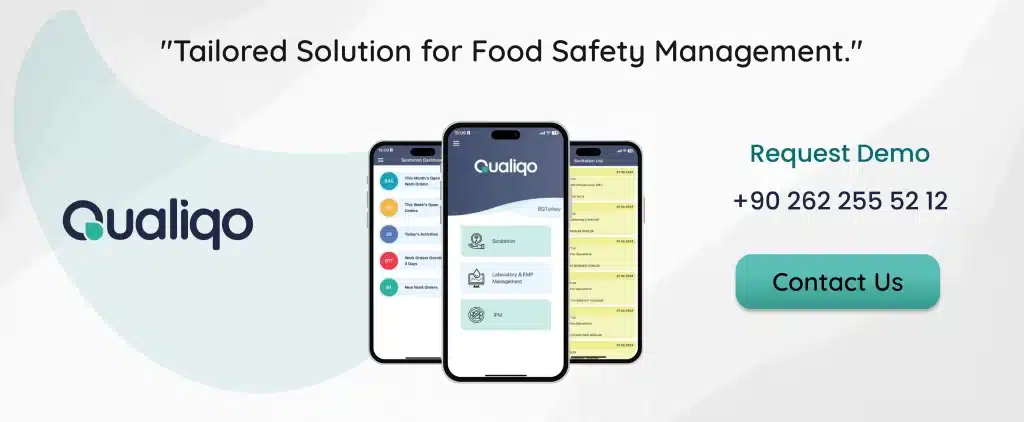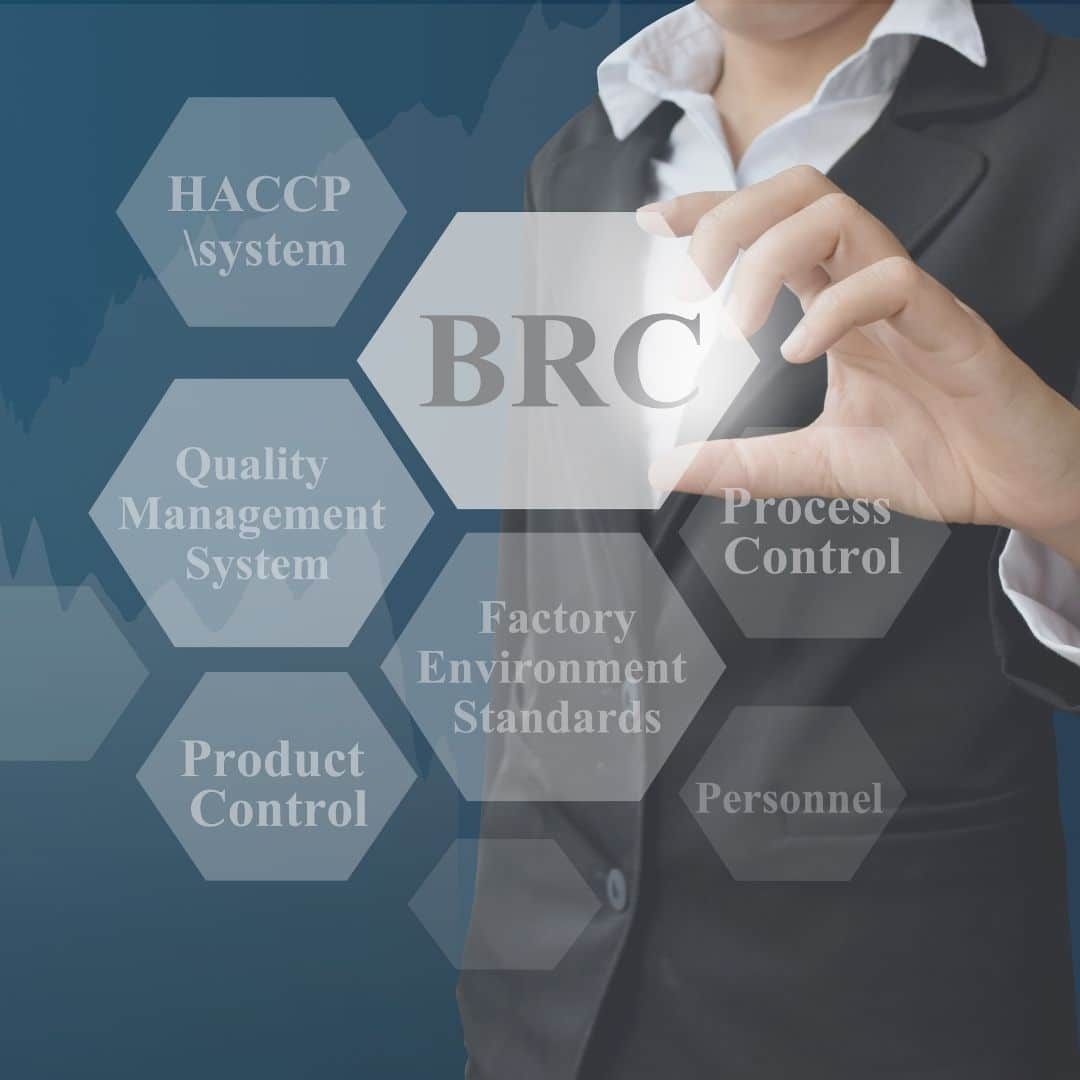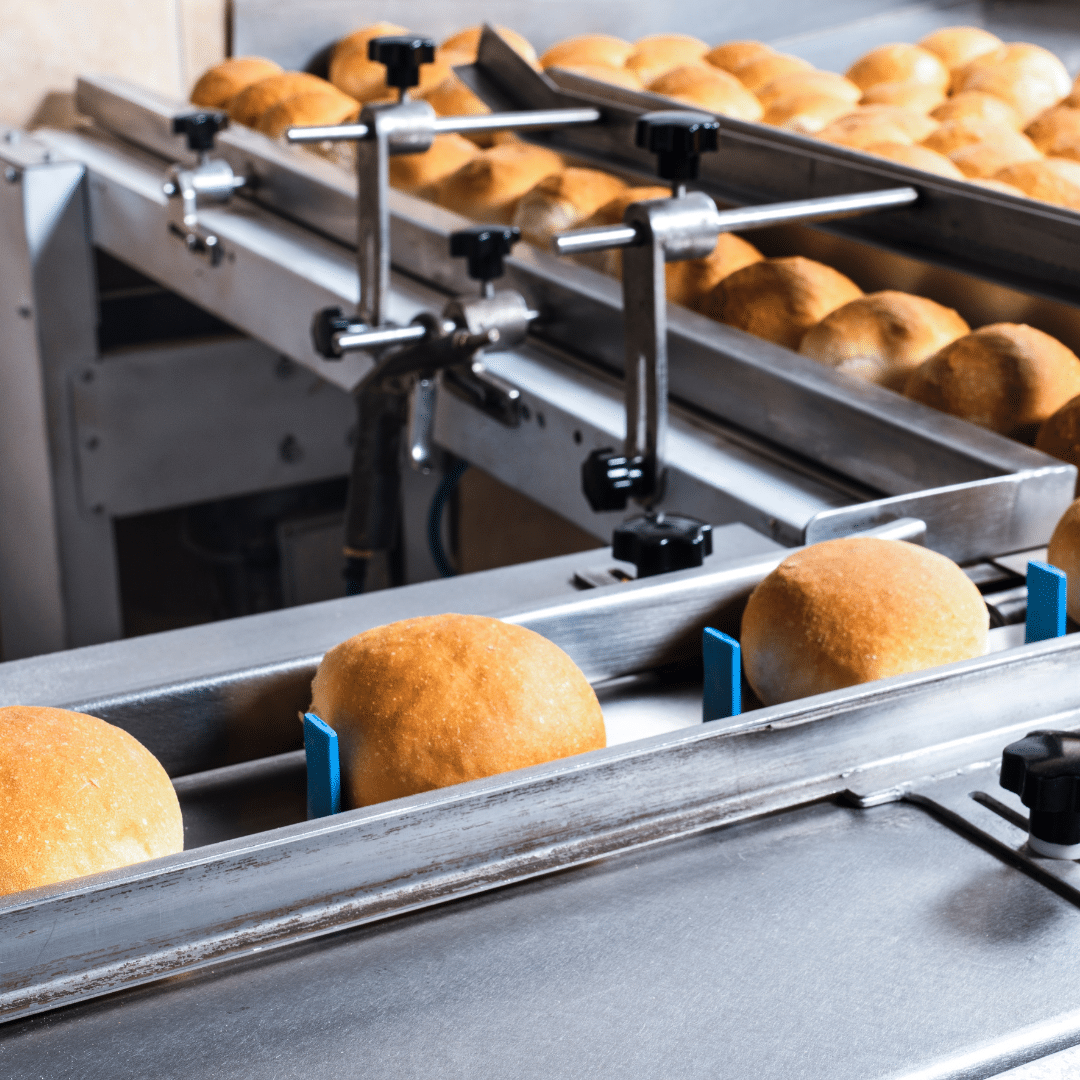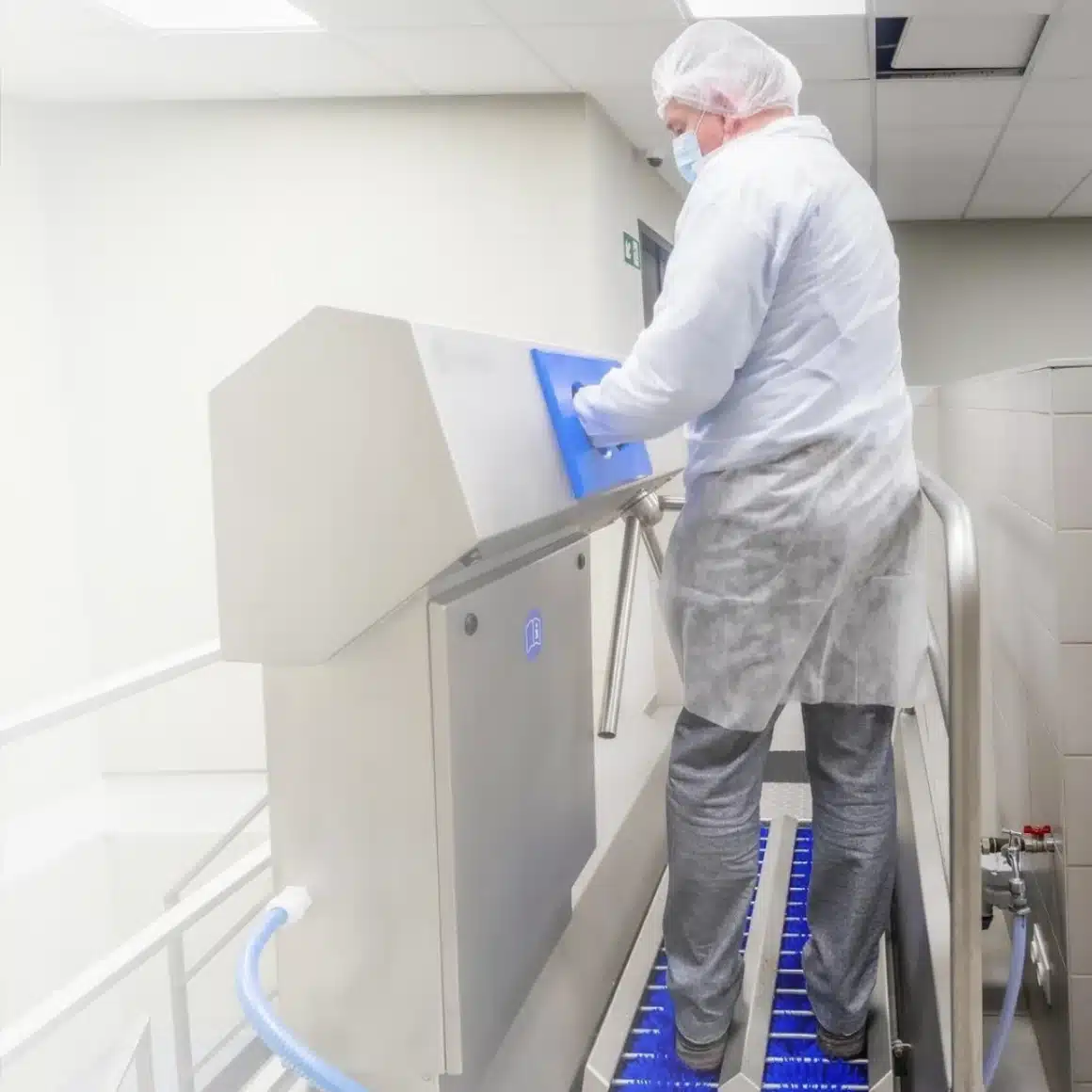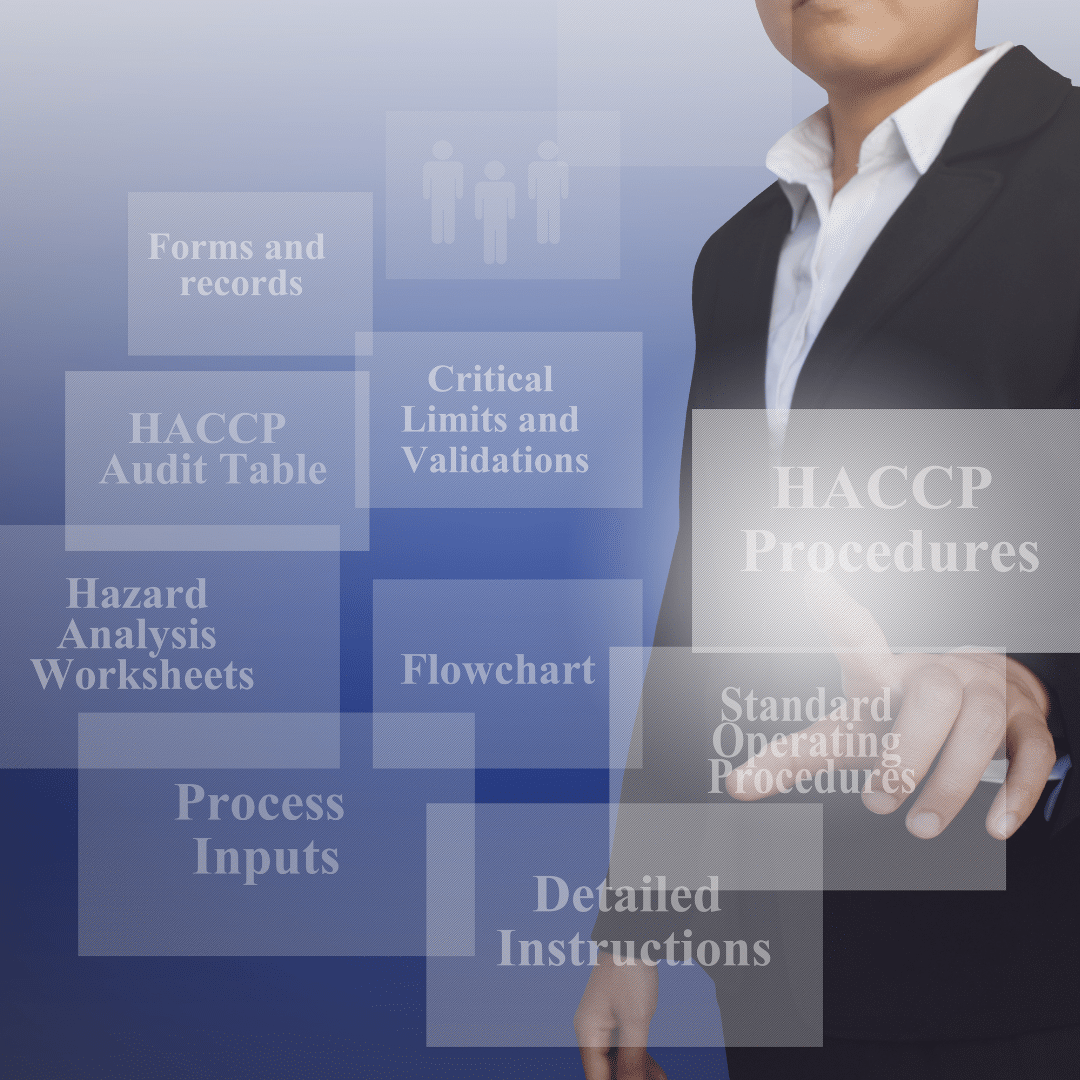Overcoming the Obstacles of Digital Transformation in Food Safety
In today’s rapidly evolving technological landscape, digital transformation is no longer a luxury but a necessity for businesses across all industries. This is particularly true for the food safety sector, where maintaining high standards and ensuring compliance with regulations is paramount. However, the journey to digital transformation is fraught with challenges.Embarking on a digital transformation journey can be daunting, especially when considering the overhaul of your Quality Management System (QMS) from SharePoint, Excel, papers, and binders. The high failure rate of 70% for digital transformation projects underscores the challenges and common pitfalls that can hinder success. For any business, especially when success is non-negotiable, this statistic can be intimidating. At Qualiqo, we understand these challenges and have developed solutions to guarantee success.
Understanding the Challenges
1.Regulatory Compliance
The food industry is heavily regulated, with strict guidelines to ensure public health and safety. Keeping up with constantly changing regulations can be daunting. Digital transformation requires systems that can adapt quickly to new compliance requirements without disrupting operations.
2. Data Management
Food safety management generates vast amounts of data, from ingredient sourcing to final product delivery. Efficiently capturing, storing, and analyzing this data is crucial for making informed decisions. However, transitioning from traditional paper-based systems to digital ones can be overwhelming.
3. Integration with Existing Systems
Many companies have legacy systems in place that are not easily integrated with new digital solutions. Ensuring seamless integration while maintaining data integrity is a significant challenge.
4. Employee Training
Digital transformation is not just about technology; it’s also about people. Training employees to use new digital tools and processes is essential for a smooth transition. Resistance to change and lack of technical skills can hinder this process.
5. Cost and ROI
The initial investment required for digital transformation can be substantial. Businesses need to ensure that the long-term benefits justify the costs and that the return on investment (ROI) is clear and attainable.
Our Approach to Guaranteeing Success
At Qualiqo, we have developed a comprehensive approach to address these challenges and ensure a successful digital transformation in food safety management.
1. Compliance-Ready Solutions
Our software is designed to comply with the latest food safety regulations. We continuously update our systems to reflect new guidelines, ensuring that your business remains compliant without additional hassle.
2. Robust Data Management
Our platform provides a centralized system for capturing, storing, and analyzing data. With real-time analytics and reporting capabilities, you can make informed decisions quickly and confidently.
3. Seamless Integration
We offer solutions that integrate smoothly with your existing systems. Our team works closely with you to ensure data integrity and continuity, minimizing disruptions to your operations.
4. Comprehensive Training Programs
We provide extensive training for your staff to ensure they are comfortable and proficient with the new digital tools. Our user-friendly interface and support resources make the transition as smooth as possible.
5. Clear ROI
Our solutions are designed to deliver measurable benefits, including increased efficiency, reduced errors, and improved compliance. We work with you to define clear ROI metrics and ensure that the investment in digital transformation is justified.
Qualiqo Implementation
he implementation process is divided into nine stages, which are as follows:
- Data Intake
- Clean-up and standardisation
- Upload
- Validation
- Training
- Go Live
- Go Live Hyper Care
- Admin Training
- Project Sign Off
Digital transformation in food safety is challenging, but with the right partner, it can lead to significant improvements in compliance, efficiency, and overall business performance. At Qualiqo, we are committed to helping you overcome these challenges and achieve success.
Did you get enough information about “Digital Transformation in Food Safety“
Qualiqo is here to help you. It answers your questions about sanitation and hygiene, Lab. & EMP, IPM and Pest Control. We also provide information about the main features and benefits of the software. We help you access the Qualiqo demo and even get a free trial.
Frequently Asked Questions (FAQ)
The primary challenges include regulatory compliance, efficient data management, integration with existing systems, employee training, and justifying the cost and return on investment (ROI).
Food Safety Digital transformation ensures that your business stays up-to-date with the latest food safety regulations by providing tools for automated compliance reporting, real-time monitoring, and continuous updates to reflect new guidelines.
Effective data management is crucial as it allows for accurate tracking, analysis, and reporting of food safety information. This helps in making informed decisions, ensuring traceability, and maintaining high standards of safety.


